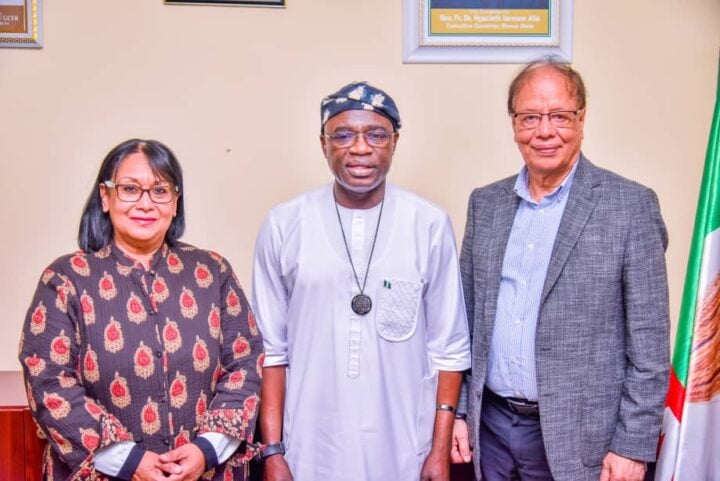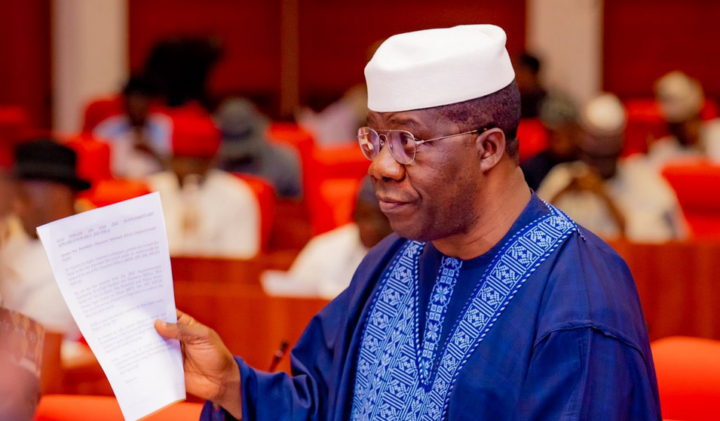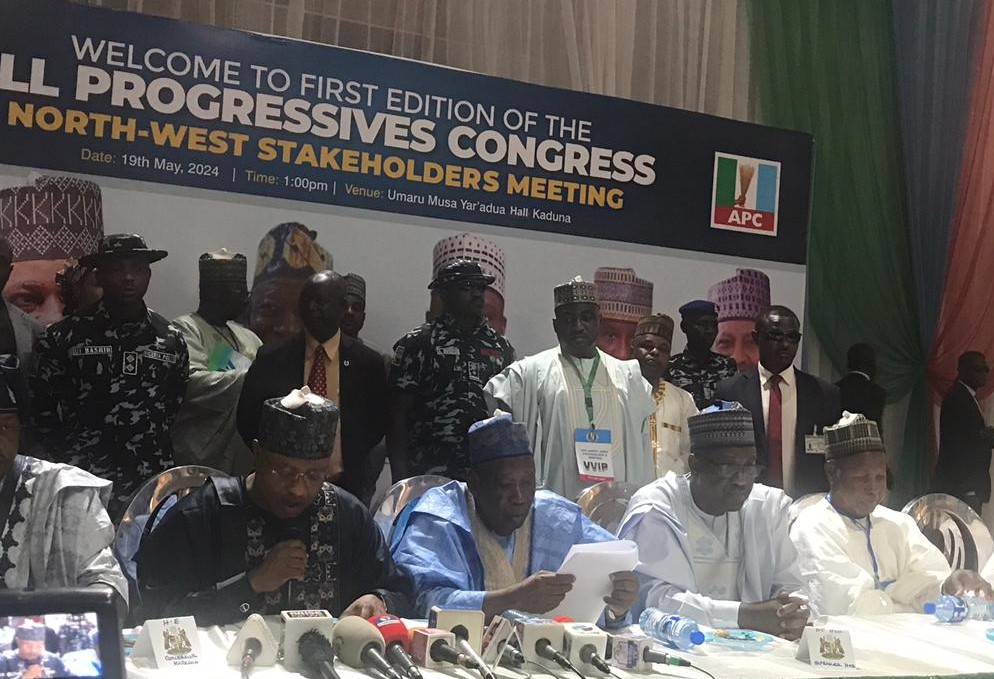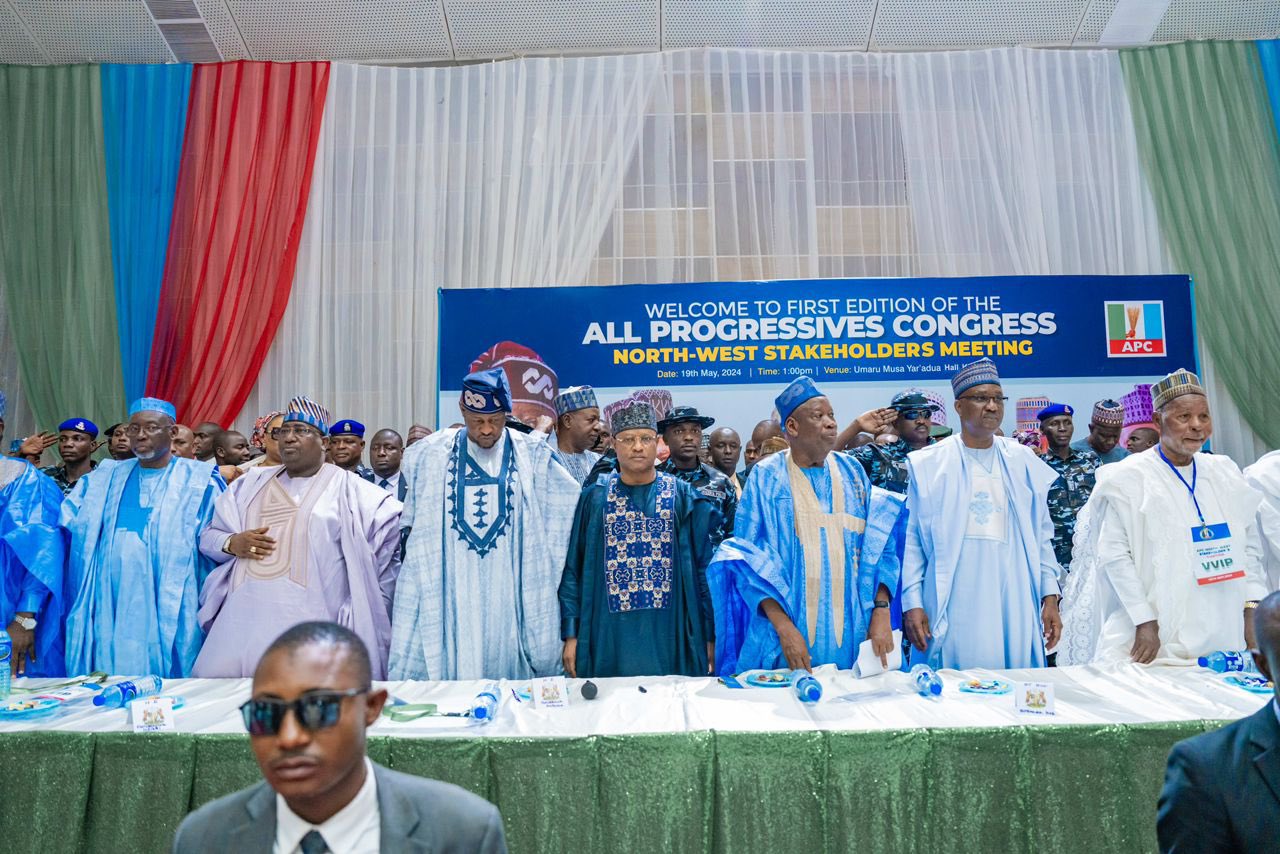The Corporate Accountability and Public Participation Africa (CAPPA) has asked the federal government to ensure lithium mining in the country is carried out “with a deep sense of environmental accountability and the protection of local livelihoods”.
The organisation’s advice comes in the wake of the inauguration of the lithium processing plant in Lafia, Nasarawa state.
Avatar, a Chinese firm, built the lithium processing plant which produces about 4,000 metric tonnes daily.
Another Chinese firm, Canmax Technologies, has pledged to invest over $200 million in constructing another lithium processing plant in Nasarawa.
Advertisement
While acknowledging the potential of lithium to drive Nigeria’s economic growth and position her at the forefront of the global race for green transition and production of cleaner technologies, CAPPA raised concerns regarding the lack of state oversight in mining activities across various parts of the country.
Akinbode Oluwafemi, CAPPA’s executive director, in a statement by Robert Egbe, its communications officer, said lithium extraction activities often result in environmental troubles.
“Lithium extraction activities often result in environmental troubles, mainly as mining companies have been known to appropriate local waters for its processing and even engage in the indiscriminate disposal of waste in open waters and lands utilised by locals,” the statement reads.
Advertisement
“In many instances, communities have been violently displaced to facilitate mining operations, mostly driven by foreign interests, not to mention the depressing ecological damage associated with these sorts of activities, especially in our country, where environmental regulations are poorly enforced, and demand for corporate accountability is lacking as with the experience of reckless oil extractivism in the country’s Niger Delta region.
“The Nigerian government and state authorities already cut a picture of negligence and complicity when you interrogate the many unofficial mining activities happening across the country.
“The plant in Nasarawa may debut as the country’s first lithium plant, but across the country, the indiscriminate mining of this resource by foreign actors (allegedly by the Chinese) has been ongoing for donkey years, fueling rural banditry, environmental disasters, insecurity, deprivation, and violence in many communities.
“We are concerned about the implications of these lithium investments for communities, given the systemic flaws inherent in Nigeria’s mining governance.
Advertisement
“Nigeria’s mining sector has historically favoured the federal government’s interests over those of local communities, creating a fundamental contradiction in resource ownership.”
CAPPA said vulnerable communities across the country mostly bear the brunt of mining activities.
“These communities who, though, are the true custodians of these minerals, are effectively locked out of important conversations that affect their cultural identities, livelihoods, and social space,” the organisation said.
“Interestingly, the commissioning of the lithium plant is occurring at a time when discussions critiquing the outdated nature of Nigeria’s primary mining law, its discouraging provisions for joint oversight between the federal and state governments, and its exclusion of community voices have prompted an ongoing proposal for amendment through the Nigerian Minerals and Mining Act (Amendment) Bill.
Advertisement
“This raises questions about the agreement between Avatar Energy and the government and what solid benefits and protection it provides for local communities, especially with the limited disclosure of the project’s environmental impact assessment details.”
‘REVIEW GOVERNANCE OF MINING SECTOR’
Advertisement
CAPPA urged the federal government to review the governance structure of the mining sector and include local communities in its decision-making processes.
“The government must also enforce strict regulations that prioritise community well-being, including robust environmental protections, fair compensation for land use, and opportunities for local economic development,” CAPPA added.
Advertisement
“Corporations must be held accountable for their actions, and transparency must be demanded and enforced in their operations. Only through these measures can Nigeria break free from the risk of replicating another era of state-approved eco-oppression and build a mining future that is fair and empowering.”
Advertisement
Add a comment






